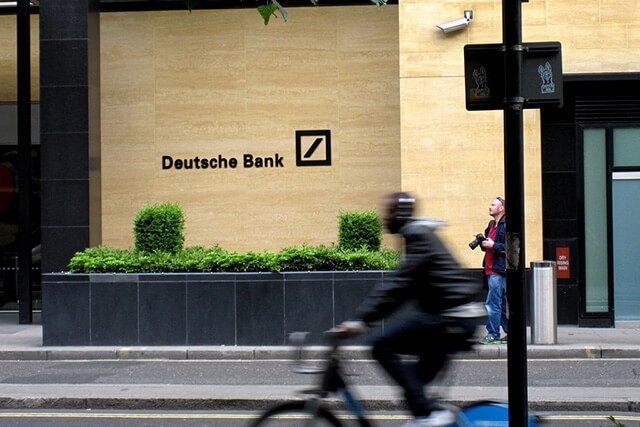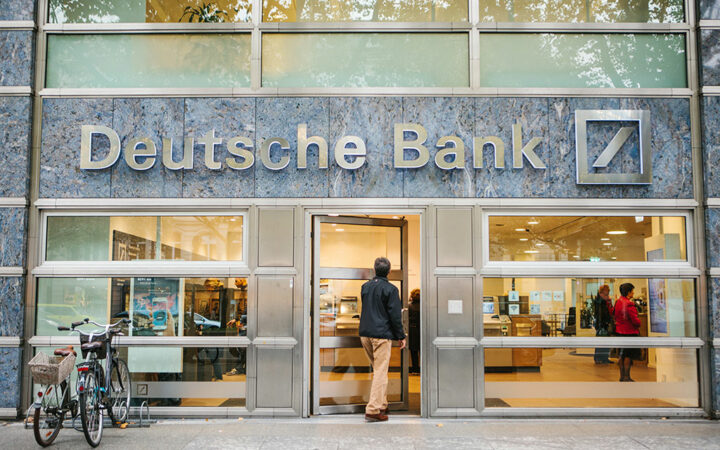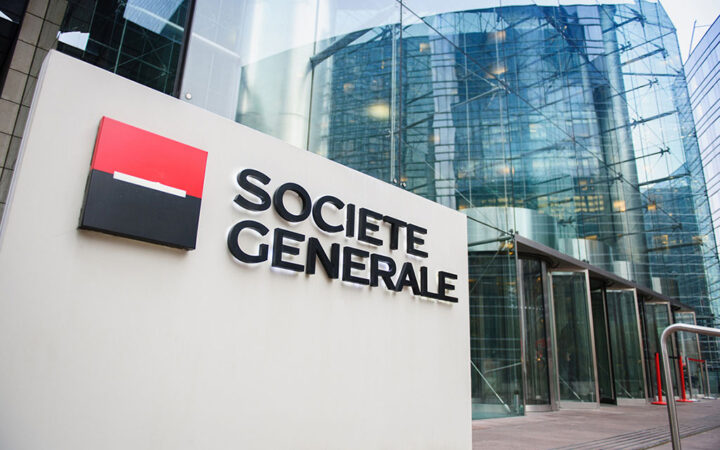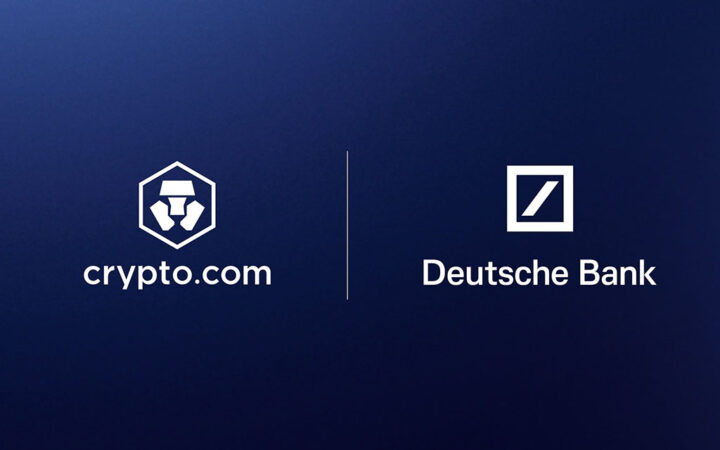Taking strong interest in blockchain, cryptocurrencies, and IoT, Tatsiana Yablonskaya got deep understanding of the emerging techs believing in their potential to drive the future.
Seven large banks have partnered in an attempt to create a blockchain-based trade finance and supply chain platform called Digital Trade Chain (DTC). The platform is expected to make domestic and cross-border commerce easier for European small and medium-sized enterprises (SME). It will serve as a connection point between the parties involved in a trade transaction (buyer, buyer’s bank, seller, seller’s bank and transporter).
The participating banks, including Deutsche Bank, HSBC, KBC, Natixis, Rabobank, Société Générale, and UniCredit, have signed a Memorandum of Understanding in Brussels to develop the DTC. The platform will be based on a supply chain proof-of-concept originated by KBC.
In October 2016, KBC, a bank-insurer in Belgium, won the Best New Service or Product award at the fourth annual Efma Accenture Global Distribution & Marketing Innovation Awards for financial services. The award was devoted to the KBC’s contribution to the development of DTC.
Koen Vierendeels, business unit manager of trade finance at KBC, said: “Thanks to blockchain technology, we now have the possibility to create a shared platform where importer, exporter and their respective banks can digitally and securely finalize agreements and easily follow up the status of their trade transactions. By having all parties on one single platform, every party can instantly follow-up the status of the transaction.”
The idea behind DTC is to simplify trade finance processes for SMEs by addressing the challenge of managing, tracking and securing domestic and international trade transactions. Larger companies minimize risks by using documentary credit. However, this way doesn’t suit SMEs or companies that prefer open account solutions, meaning that goods are shipped and delivered before payment is due, which is typically in 30, 60 or 90 days.
DTC offers end-to-end transparency, which allows SMEs initiating trade with new partners in their home market or in other European markets. The platform aims at accelerating the order-to-settlement process and significant decrease of administrative paperwork.
The consortium of banks will first of all focus on the following European markets: Belgium and Luxembourg (KBC), France (Natixis, Société Générale), Germany (Deutsche Bank, UniCredit), Italy (UniCredit), the Netherlands (Rabobank) and the UK (HSBC).
Vivek Ramachandran, global head of product for HSBC’s trade finance business, has previously underlined that banks should collaborate more to address financial challenges.
“I believe trade is the perfect use case for distributed ledger technology. You want transparency, verifiability, and immutability of agreements and information. Trade can either be done over a letter of credit, which is complex and expensive and time consuming, or you can trade on open account which has a huge amount of risk, because either the buyer or the seller – one of the counterparties is bearing the risk at any point in time”, he said.
The Hyperledger Project, one more collaborative effort aimed at advancement of blockchain technology, has ended the year of 2016 by attracting eight new members. Altogether, 100 active members joined the project in less than one year, which is a huge milestone for the open source project.
Brian Behlendorf, Executive Director, Hyperledger, called 2016 a year of exploration, R&D and prototyping, expressing confidence that in 2017 new case studies of the blockchain technology will be developed in production environments.





